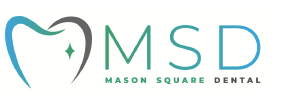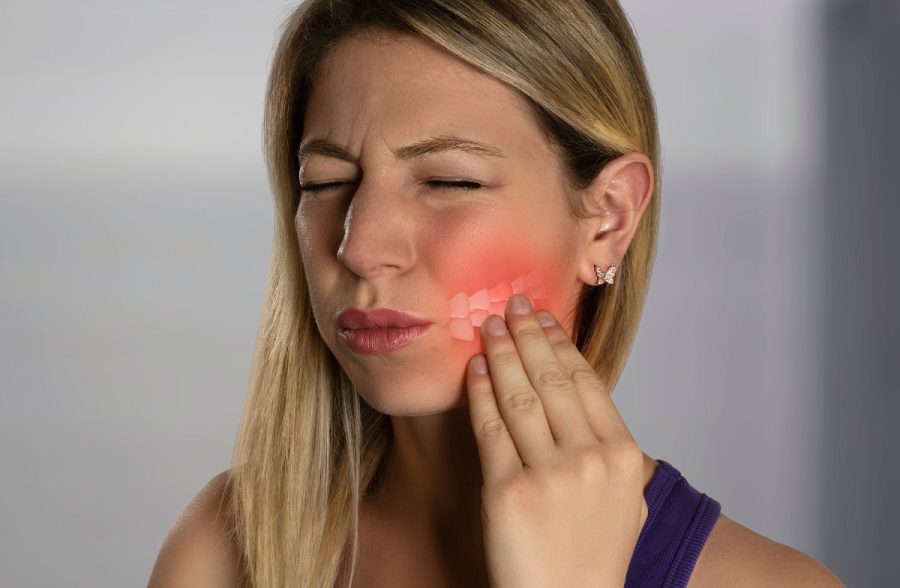Your TMJ, or temperomandibular joint allows the jaw to open and close. It plays an important role in talking, chewing and yawning. It is one of the most complicated joints in the body, and problems on one or both sides can cause pain and limit function. When there is a problem with the TMJ, it may be called TMD – short for temperomandibular dysfunction. Your dentist will examine the joint, the muscles around it, your teeth, and movement of the jaw on opening. They will then discuss the best way to manage your issues.
Disorders of the TMJ can be caused by:
- grinding (bruxism) or clenching teeth
- missing teeth
- stress and tension in the muscles
- injuries such as fractures
- degenerative diseases such as arthritis
- occlusal (biting) problems
Symptoms include:
- limited jaw movement
- difficulty opening/locked jaw
- clicking or popping noises
- pain on chewing
- headaches
- earaches
- face/neck/shoulder pain
- uncomfortable bite
- clenching or grinding of teeth
Treatment is usually conservative. Quite often the first place to visit is not the dentist, but a physiotherapist.
The main treatments are:
- physiotherapy exercises
- modified diet
- avoiding extreme movements
- warm or cold packs
- relaxation and stress management
- oral appliances
- medication
- specialist management
- surgery – this is a last resort


